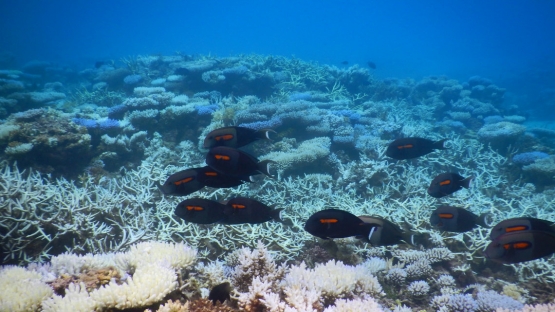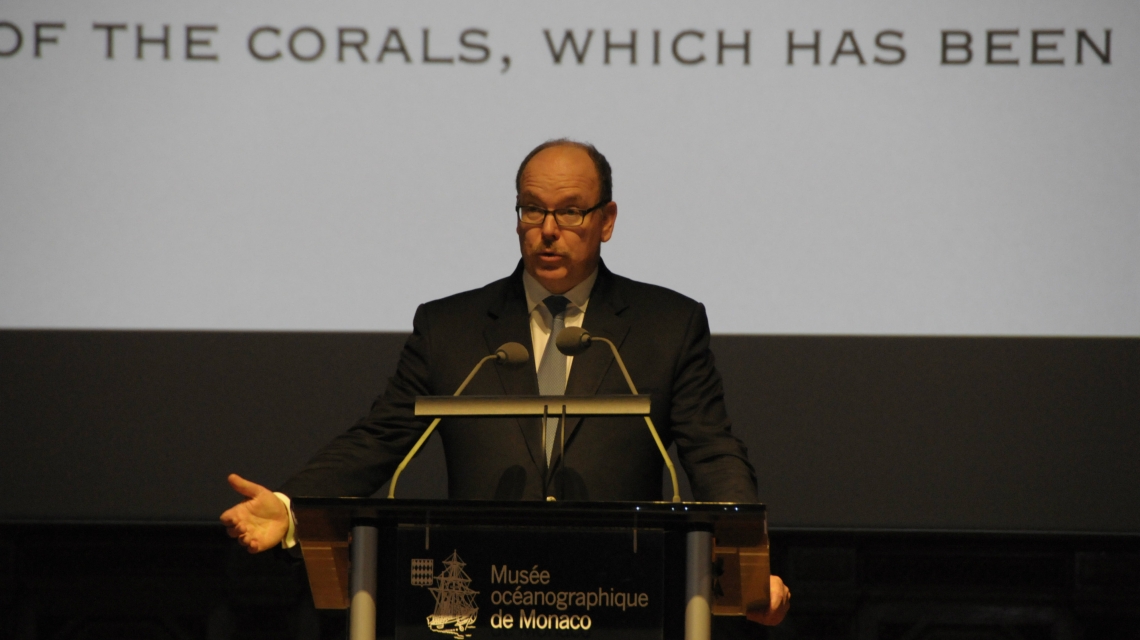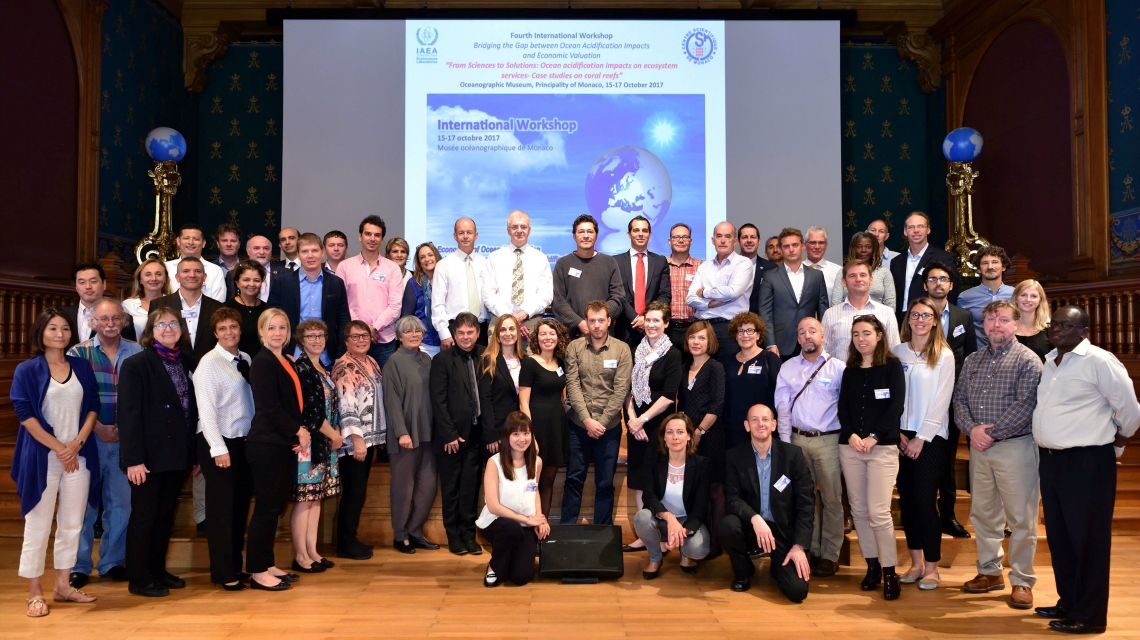The IAEA, through its Environment Laboratories organised, in partnership with the Scientific Centre of Monaco (CSM), a workshop on ocean acidification, which this year focused on the impact on ecosystem services and coral reefs. With sixty participants from twenty-two countries including HSH Prince Albert II of Monaco it aimed to bring the global discussion from sciences to solutions.
Recent research, including that done by the IAEA, shows that ocean acidification effects on fisheries, aquaculture and coral reefs are expanding, both in terms of geographical location and intensity. Some effects are direct such as on species’ physiology: growth, reproduction and calcification, while others may be indirect: e.g. impact on food sources, habitat degradation, changes in the food chain structure etc.
Bringing together world experts including natural scientists, economists and sociologists, this fourth international workshop in the series “Bridging the Gap between Ocean Acidification Impacts and Economic Valuation” was held at the Oceanographic Museum in Monaco from 15-17 October 2017.
With the consecutive bleaching episodes over the past couple of years, the focus on coral reefs was timely. Ruth Gates, Director of the Hawaii Institute of Marine Biology at the University of Hawaii estimates that 50% of the world’s coral reefs have died. During the three days of plenary presentations and regional working groups, participants discussed the “value” of coral reefs. Whereas some of the economic valuations ranged in the trillions of dollars, several participants were keen to emphasize their societal and sociological value. Some countries have adapted to coral reef degradation, and have started eating different types of fish and even modifying their touristic activities to highlight other aspects of their coast. However, not all countries have the same possibilities to change, and the consequences for the local culture could be significant. In some areas, such as small Pacific islands, the entire population’s lifestyle centres around the coral reefs, including the food they eat, their art, and even elements of their language. The demise of the reef would lead to profound societal changes.
HSH Prince Albert II of Monaco in his closing remarks said that “environmental questions are not a luxury, but an absolute necessity”.
"Environmental questions are not a luxury, but an absolute necessity."






